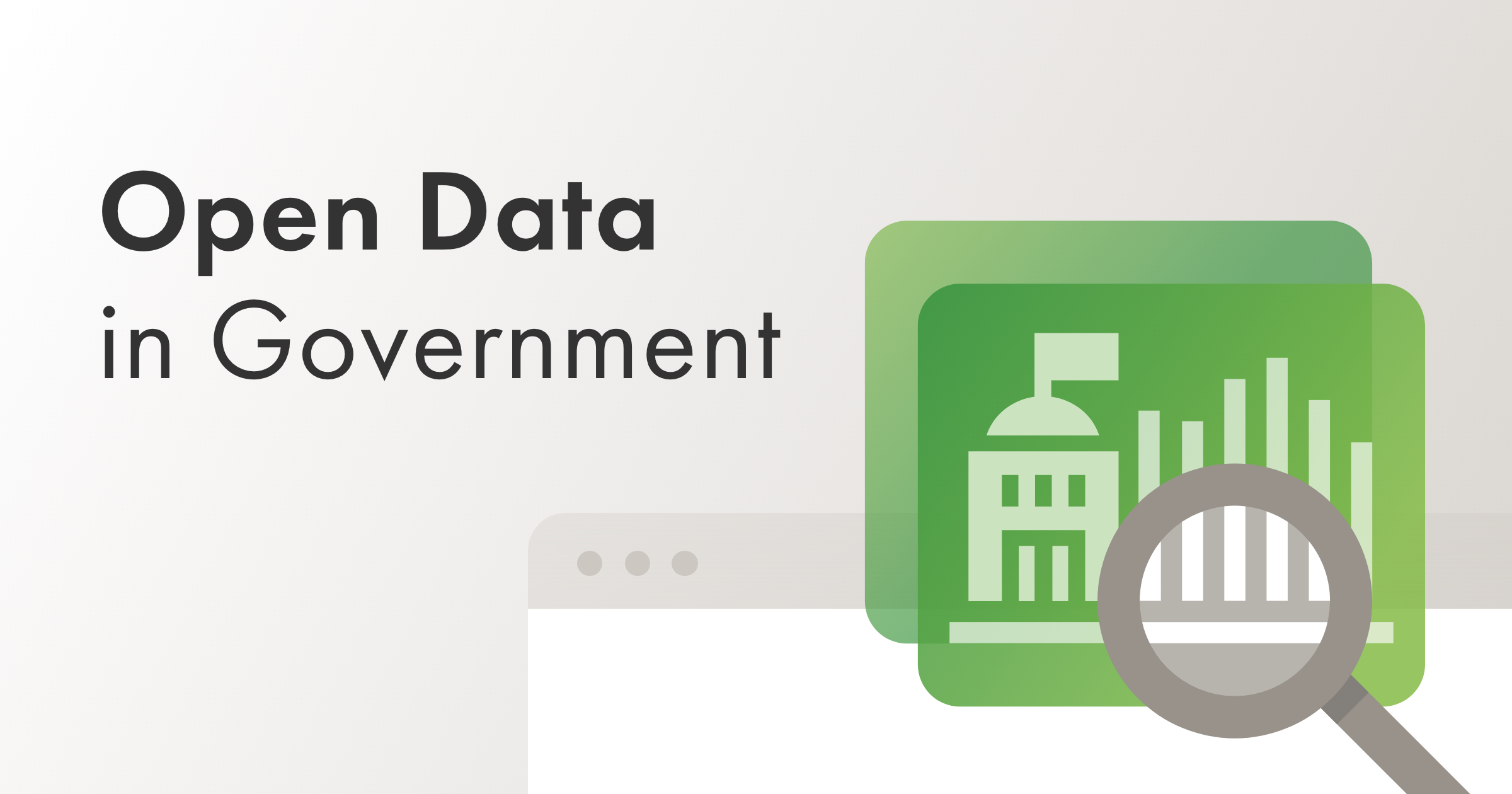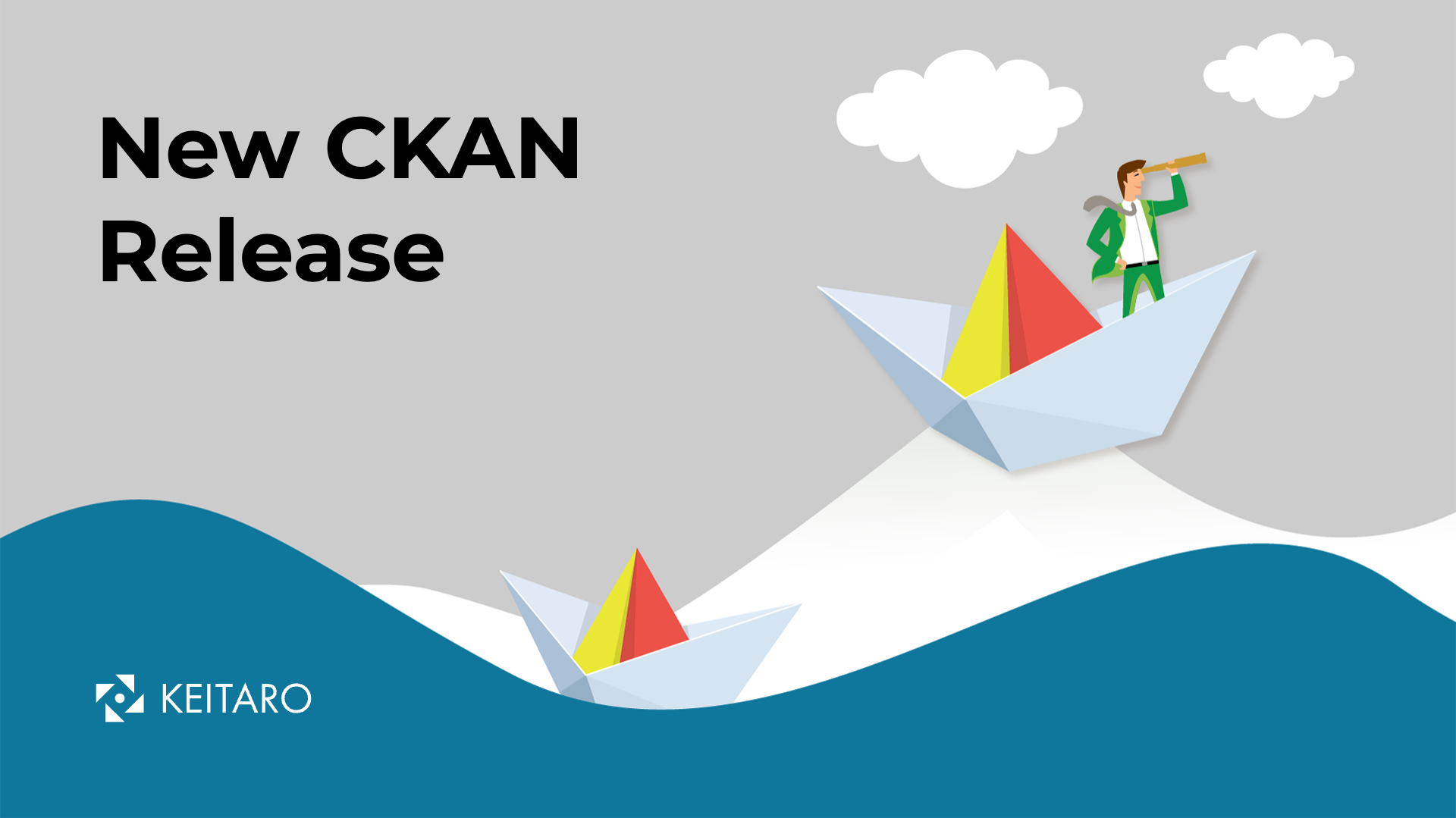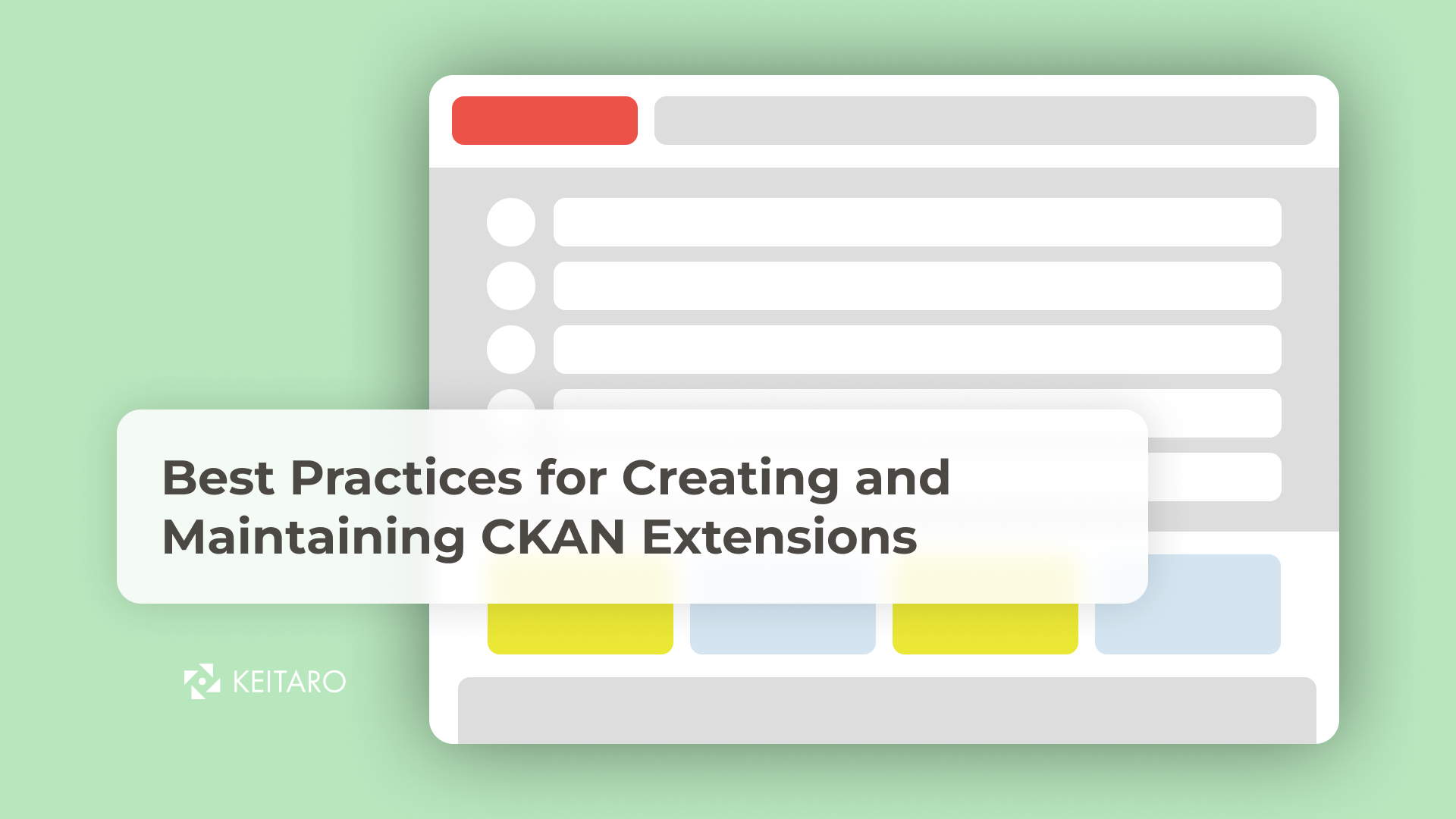Open data is not a new practice, but it has gained significant buzz in the business and government sectors in recent years. Data is considered more valuable than oil in the present era. Data is helping governments to make better decisions and solve problems using advanced data-driven approaches. With open data, a government is in better shape to gain public trust, address its loopholes, and remain more productive. In this blog, we will shed light on open data and its role in government operations.
Why is Open Data Important?
Open data has the tendency to increase public awareness about government initiatives. When the general public has access to public-related data, it will enable them to analyze the government’s performance and initiatives. For example, the publication of data pertaining to housing, unemployment, national budget, and healthcare will inform the public of the seriousness of the government in these pertinent sectors. With open data, the public becomes part of government decisions and performance outcomes, thereby it brings the trustworthy environment in the society. Owing to that, many governments are setting up proper data management portals using CKAN and other mediums to establish a proper open data ecosystem.
Benefits of Open Data into Government’s Operations
Open data is undoubtedly the perfect data practice that governments should practice regularly to increase data accessibility, transparency, and sharing. So what are the key benefits associated with open data in government operations?
- Transparency: Open data encourages the practice of transparency where the general public has clear sight of the government activities, such as financial budget usage, impacts of policies, and similar other statistics. It is highly effective in reducing corruption or government negligence.
- Collaboration: Open data provides a great base for the public and government to collaborate for societal upliftment and improvement of gray areas. With the public identifying issues and the government acknowledging those issues, nothing but the environment of closed collaboration prevails.
- Economic Growth and Innovation: Open data means freedom to access, use, and share the government record. When the public is capable to re-use data, then it encourages the practice of innovation and economic growth. Many businesses today use open data to properly analyze different trends and set up new data-driven services/products, such as data management tools, smartphone apps, etc.
- Improved Performance: Since open data provides the government with a powerful collaborative environment, the government has a fair chance to improve its performance, enhance capabilities, address those issues that concern the public the most, and improve performance in many other grey areas.
Opportunities for Governments
Some of the opportunities that get unlocked for any government that integrates open data, are:
- Create economic development opportunities.
- Improve decision making.
- Prompt government/public collaboration and more democratic space for the public.
- Trustable environment.
- Open and Transparent in turn developing greater trust with communities.
Impact on Society and Public Policy
In the present digital era, Global government’s are heavily scrutinised and their performance keenly judged by society. In fact, social media has just made it simple to appreciate or criticize government operations and just a click of a button. With open data, the government is openly presenting its operations and other activities to the public, this has been proven to gain greater trust amongst its communities. This also means that the government openly acknowledges the feedback from society. In addition, the re-use of public data by the public and business sector further helps the government to set up improved policies. In a nutshell, open data in government operations drives a positive impact on society and public policy-makers.


